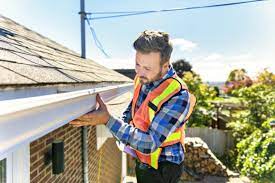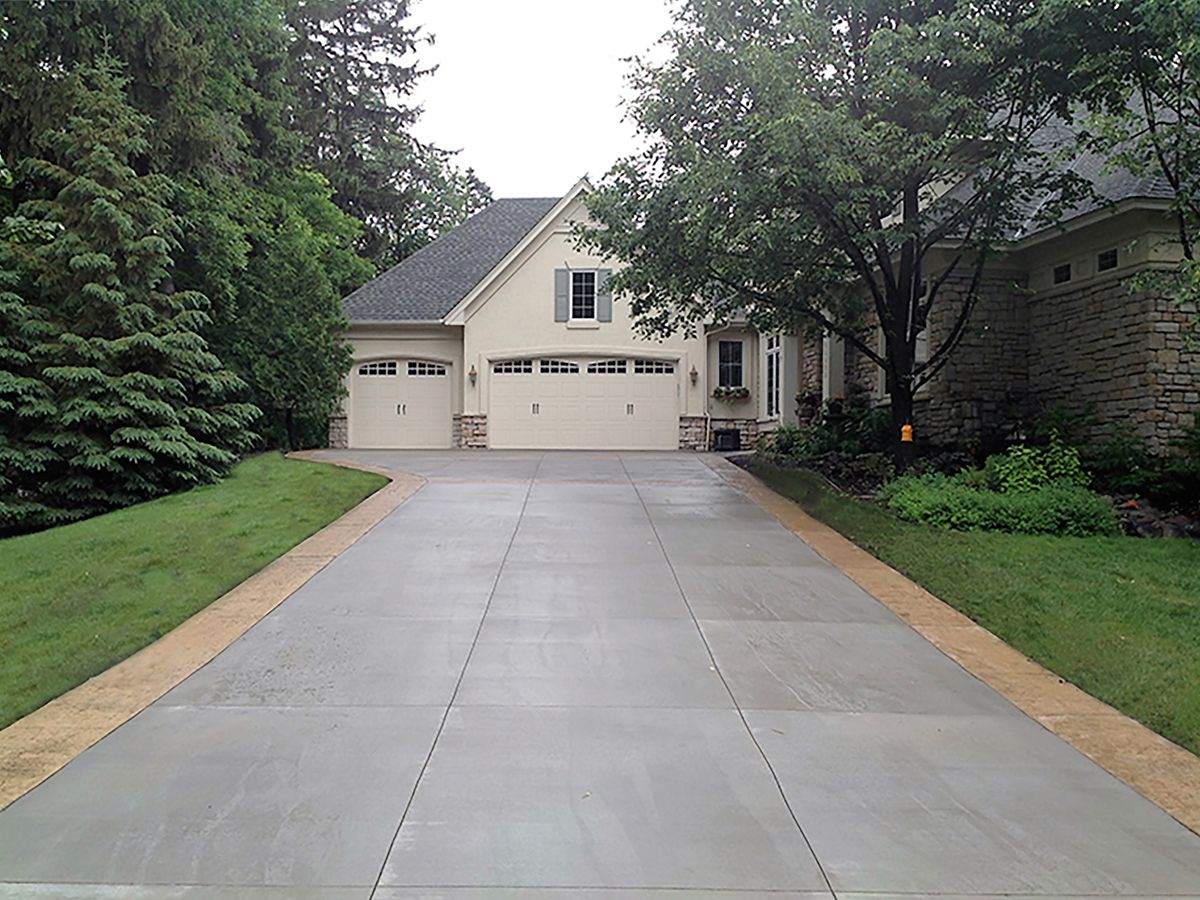When it comes to safeguarding your property, the roof is your first line of defense against natural elements like wind, rain, and hail. As a result, ensuring the strength and durability of your roof is critical, especially in regions prone to severe weather. This is where a Fortified Roof Inspection becomes invaluable. Not only does this process ensure that your roof is in optimal condition, but it also helps to identify any potential vulnerabilities before they escalate into costly repairs or replacements.
What is a Fortified Roof?
A fortified roof is designed to withstand extreme weather conditions, offering enhanced protection compared to traditional roofing systems. The concept of a fortified roof includes reinforcing materials, improved installation methods, and adherence to specific building codes aimed at maximizing durability. This type of roof can be particularly beneficial in areas prone to hurricanes, tornadoes, or heavy storms.
Regular inspections of a fortified roof ensure that all reinforcements and protections remain intact, providing homeowners with peace of mind.
Why You Need a Fortified Roof Inspection
Whether you’re a homeowner, commercial property owner, or managing multiple buildings, the longevity and performance of your roofing system rely on routine maintenance. Here’s why Fortified Roof Inspection is critical:
- Early Detection of Damage
Over time, your roof endures significant wear and tear due to weather exposure. A Fortified Roof Inspection helps detect minor issues, such as loose shingles or weakened flashing, that could lead to leaks or structural damage if left unchecked. Regular inspections can reveal these problems early, allowing for prompt repairs that save you money in the long run.
- Enhanced Safety
A compromised roof can lead to various safety concerns. A fortified roof inspection ensures that all elements of the roof system are securely in place and functioning as intended. Loose materials or exposed areas pose potential hazards, especially during heavy winds or storms. Identifying and fixing these issues during an inspection keeps your property and its occupants safe.
- Compliance with Insurance Requirements
Many insurance companies offer discounts for homes or businesses with fortified roofs due to their increased resilience against extreme weather. However, these discounts are often contingent on having regular inspections to verify the roof’s condition. A professional Fortified Roof Inspection can help ensure that you meet your insurer’s requirements and maintain your coverage benefits.
- Increased Property Value
A fortified roof can be a significant selling point if you ever decide to put your property on the market. Prospective buyers will appreciate knowing that the roof has been built and maintained to high standards, providing an extra layer of protection. Having proof of regular inspections also serves as a strong selling point, as it demonstrates your commitment to proper maintenance and care.
What to Expect During a Fortified Roof Inspection
During a fortified roof inspection, a licensed roofing professional will evaluate several key aspects of your roof to determine its current condition. Here are some of the areas they will examine:
Shingles and Roofing Materials: Inspectors will check for signs of damage, such as cracks, missing shingles, or curling edges. Any compromised materials can affect the overall strength of the roof.
Flashing: Flashing around chimneys, vents, and skylights plays a crucial role in preventing water intrusion. The inspection will ensure the flashing is securely installed and free of rust or deterioration.
Gutters and Drainage Systems: Proper drainage is essential to maintaining the integrity of your roof. Inspectors will check the gutters for blockages and ensure that water is flowing away from your property as intended.
Roof Ventilation: Proper ventilation prevents moisture buildup that can lead to mold growth or structural damage. During the inspection, the roofing professional will evaluate the ventilation system to ensure it is functioning properly.
Structural Support: The inspector will examine the roof’s underlayment and support structure to ensure there are no weaknesses that could compromise the entire system.
How Often Should You Schedule a Fortified Roof Inspection?
To ensure your roof remains in excellent condition, it’s recommended to schedule a fortified roof inspection at least once a year. However, after severe weather events, it’s wise to have an inspection done immediately to check for any storm-related damage. Regular inspections will provide continuous protection and ensure that your roof continues to perform as intended.
Conclusion
A Fortified Roof Inspection is an essential aspect of maintaining a durable, weather-resistant roof. By detecting problems early, ensuring compliance with insurance requirements, and keeping your property safe, regular inspections can save you from costly repairs and extend the lifespan of your roofing system. Whether you’re a homeowner or managing a commercial property, prioritizing your roof’s health through routine inspections is a wise investment in the future of your property.





